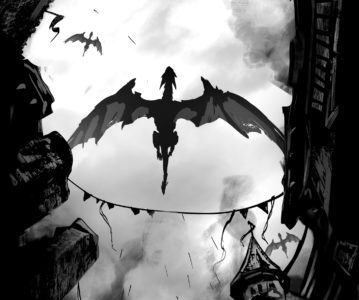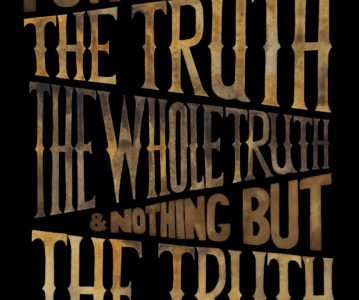Children’s Guide
Children’s books are delightful, endearing, important, and very hard to make any money at. Due to the natural format of picture books (as wide or wider than they are high, filled with color illustrations), they don’t look good in ebooks making the market for them thin, and the paperback/hardcover books are expensive to print and hard to format. That’s the bad news. The good news is that you can self-publish picture books and there are even a few independent authors making money doing so. Let’s dive into what makes a picture book. Pictures, Obviously Without pictures, it’s just a book,...











